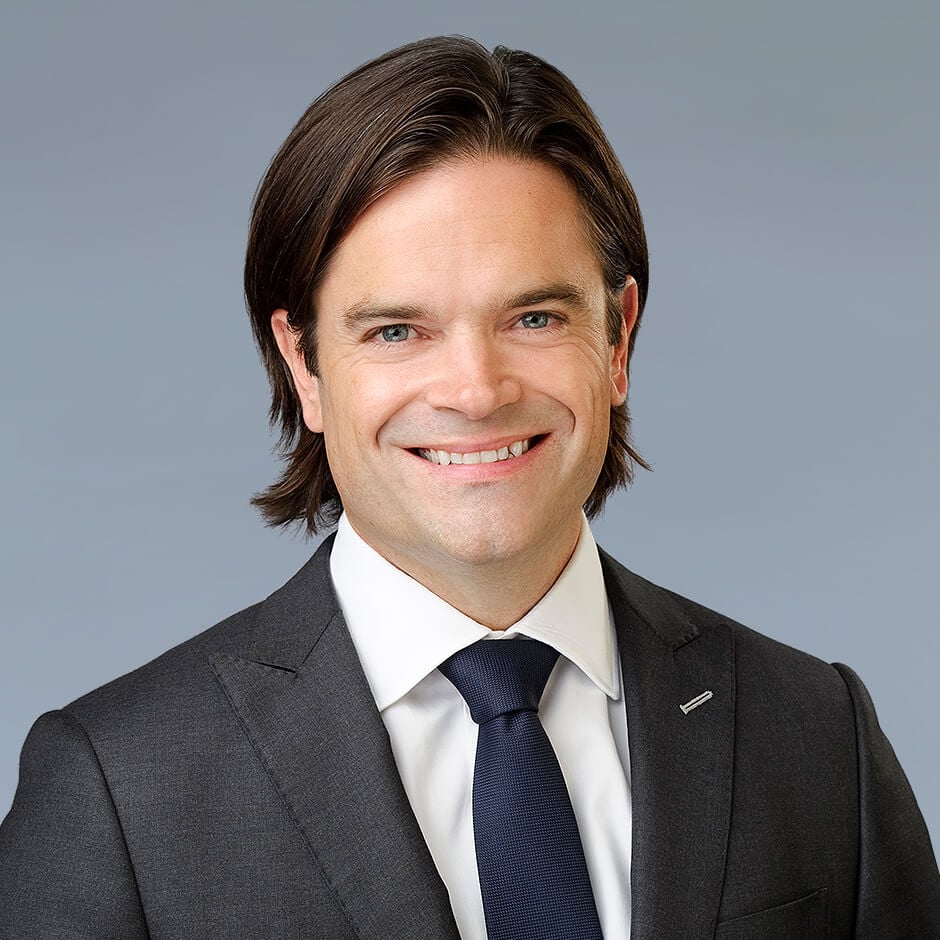Herniated Disc Treatment
A disc is a rubber-like cushion that is located between each of the vertebrae bones that stack up to create the human spine. Within each disc is its nucleus, a soft center that is encased in a firmer exterior called the annulus. When part of the nucleus pushes out through the annulus, it’s referred to as a herniated disc, also sometimes called a ruptured disc, slipped disc, or bulging disc. This can take place in any area of the spine and cause nerve irritation, resulting in pain, numbness, tingling, and weakness in the back, arm, or leg.
Types of Herniated Disc
A herniated disc is categorized into three different subtypes depending on the severity of damage to its structure.
- Contained Herniation. Also referred to as protrusion or bulging disc, a contained herniation is when the damage to the disc’s nucleus leads to pressure on the annulus, but the annulus itself remains intact. This pressure can make the annulus wider and flatter than it was prior to herniation, protruding outward from the vertebrae. Symptoms of contained herniations can range from mild to severe.
- Non-Contained Herniation. Contrary to a contained herniation, in cases of non-contained herniation, the nucleus will have ruptured through the annulus. This is also referred to as a ruptured disc. Symptoms of this condition are often accompanied by arm or leg pain in addition to neck or back pain.
- Sequestered Herniation. With a sequestered herniation, part of the nucleus pushes through the annulus entirely. It is the most severe form of disc herniation and typically caused by an untreated non-contained disc. After the nucleus pushes through the ruptured disc, it can actually move within the spinal canal and become trapped. Severe pain, limited mobility, and weakness in the extremities are symptoms of a sequestered herniation.
What is the best treatment for a herniated disc?
In the majority of cases, a herniated disc can be treated without surgery. The prescribed treatment will depend on the severity of symptoms and how they affect your quality of life.
At The Spine & Sports Health Center, we take an integrative approach towards treatment for herniated discs. We will formulate a personalized treatment plan to help alleviate your pain. We specialize in non-surgical interventional pain management techniques including:
- Epidural steroid injections
- Percutaneous microdiscectomy
We also offer supplementary treatment options such as physical therapy and chiropractic care.
Your First Stop for Herniated
Disc Treatment
The Spine & Sports Health Center should be your first stop for herniated disc pain. Request an appointment with one of our pain management doctors today.


Meet the Doctors
Our interventional pain management physicians are among the top regional providers of non-surgical, orthopedic care. They have the expertise you need and take the time you deserve to provide quality medical care.



